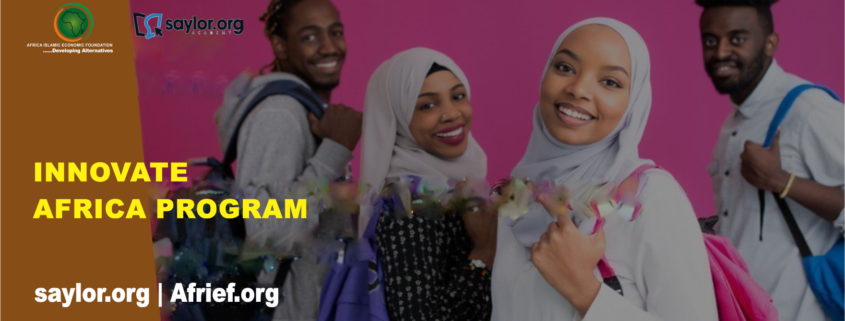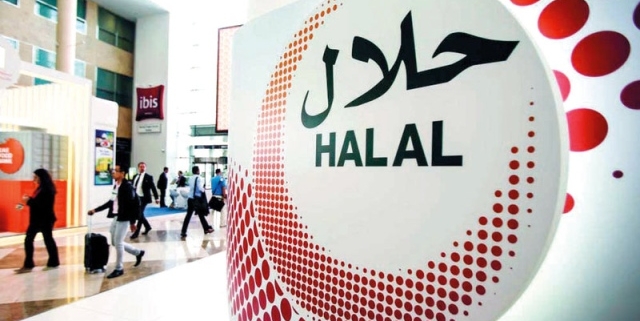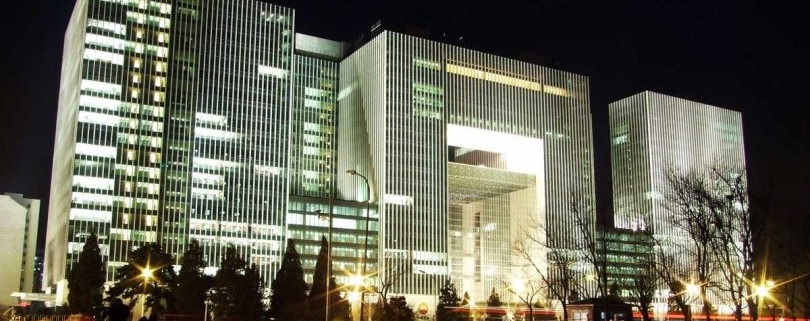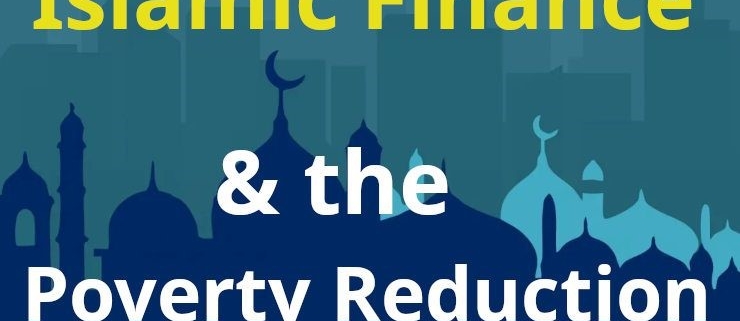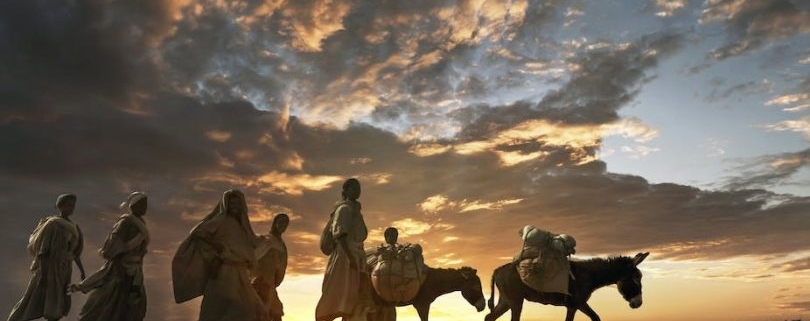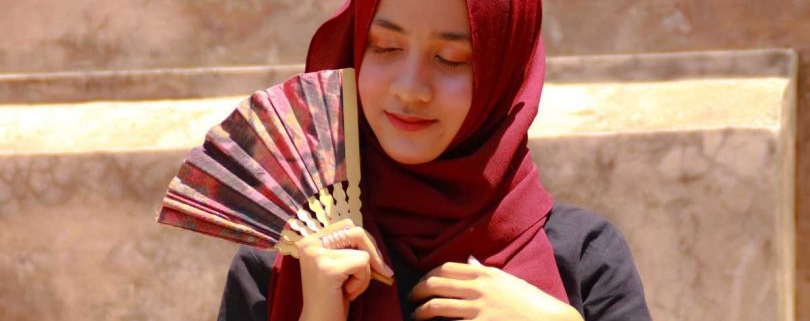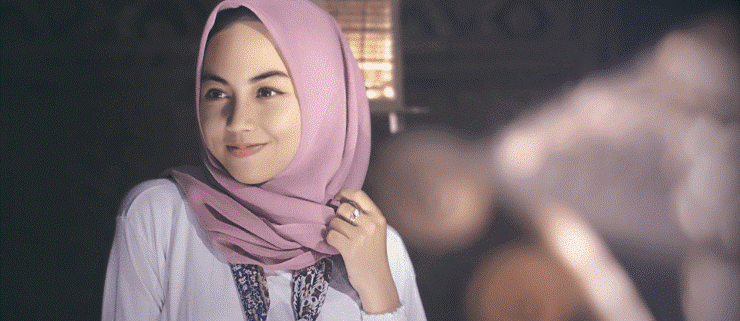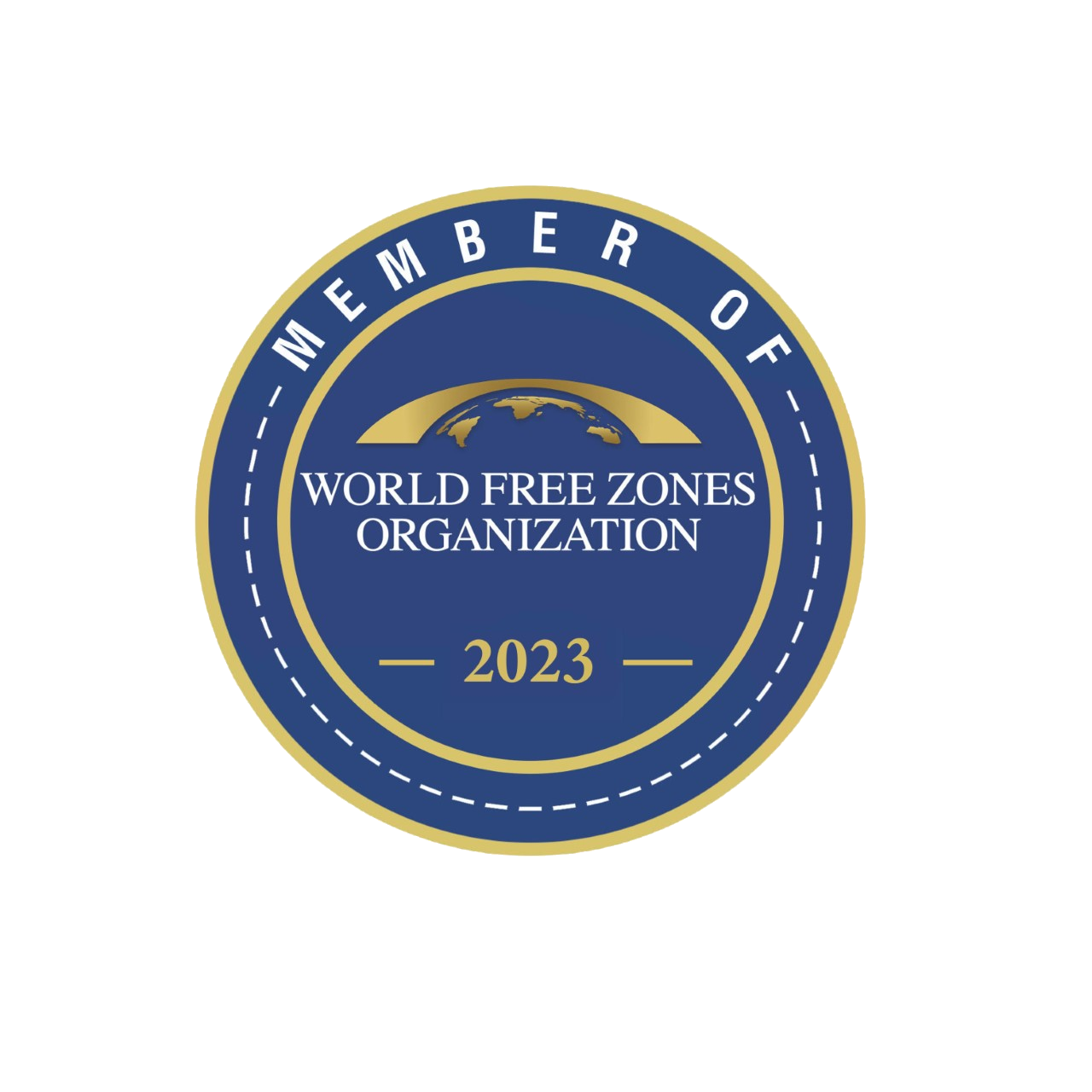Africa Islamic Economic Foundation, Saylor Academy Partner to Leverage Free Education for Sustainable Skill Development
Africa Islamic Economic Foundation (AFRIEF) is very pleased to announce a new partnership with Saylor Academy, to provide flexible, affordable learning opportunities for AFRIIEF’s communities and those interested in joining its programs. As part of AFRIIEF’s mission to support human capital development across the African continent, learners will be able to earn certificates in key career skills (such as Decision-Making, Leadership, technology entrepreneurship and others) from Saylor Academy’s catalog of free courses.
AFRIIEF and Saylor Academy both recognize that learners, such as those served by AFRIIEF’s programs, lead increasingly busy and complex lives. They require flexible education options to balance skill development with work and family demands. This partnership allows students to develop skills that are in-demand now for free, and will help them become even more competitive once they enter the marketplace.
“This collaboration marks an exciting chapter for the Africa Islamic Economic Foundation (AFRIEF) as it will leverage on Saylor Academy’s rich experience, Global network and strength to propel Africa’s rapid economic and social development” states Baba Yunus Muhammad, President of AFRIEF. “We believe that the two organizations have complementary capabilities and we are very excited at the opportunity of combining these to create strong synergies in both career and talent development that will not only facilitate, but hasten our movement towards our goal of increased economic and career opportunities for Africans everywhere.”
“The partnership between AFRIEF and Saylor Academy provides access to affordable and flexible learning opportunities to support skill development across the African continent,” says Jeff Davidson, Executive Director of Saylor Academy. “AFRIEF’s human capital development efforts align well with Saylor’s mission of providing access to learners everywhere.” Read more>>

